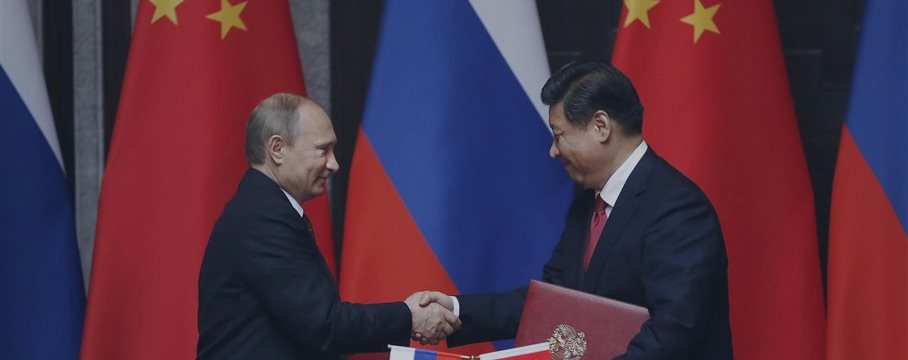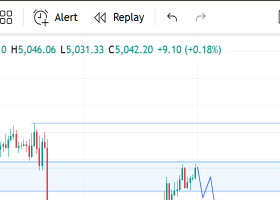
World Bank raises ranking of China, Russia in 'Doing Business' report
The world's biggest emerging economies including China and Russia are facing a batch of problems including slowing growth and corruption scandals, however, it doesn't prevent the World Bank from calling them better places for doing business.
The World Bank’s “Doing Business” report released on Tuesday expressed confidence in China, Russia, India and Brazil.
Russia, which is now scraping through a recession and facing international isolation and sanctions has moved from 62nd to 51st place in this year’s list, putting it before such EU economies as Greece and Luxembourg and close to Belgium and Italy.
China, where foreign businesses are complaining about policies they see as favoring domestic companies, gained 6 places to rank 84th among the 189 economies on the list.
India, where Prime Minister Narendra Modi has made climbing the rankings a target for his government, was listed at 130, up 12 points from last year.
Brazil, where the economy has slid into recession and the authorities are on a slippery ground thanks to a corruption scandal, rose 4 spots to 116th.
South Africa was the only one sliding lower in the rankings of BRICS, losing 30 points to settle at the 73rd position.
The World Bank's rankings have long been criticized by officials in emerging
economies, who have suggested they are biased in favor of developed
economies and hardly take local conditions into consideration.
In a response to Chinese complaints, the World Bank changed its methodology in 2014
to offer a more subtle view of progress and place less emphasis on
rankings in favor of a “distance to frontier” gauge meant to underscore best practices around the world.
This year's fulfillment of "Doing Business" ranking is focused upon basic metrics such as the time it takes to open a business, the availability and reliability of electricity, as well as how long it will take to resolve commercial disputes.
This report may not reflect how healthy an economy and business climate are in a country, as it stays away from measuring corruption and protectionism. Sometimes it favors authoritarian regimes over democratically elected ones because of their capacities to pass regulations quickly through rubber-stamp parliaments.


